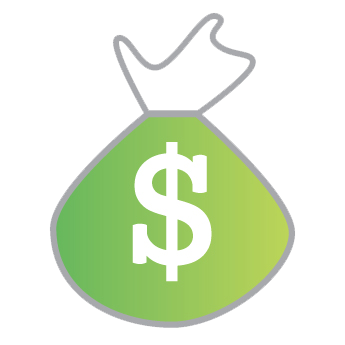Real estate investing success is not achieved by a “secret” method. Successful real estate investing requires hard work, good research, and a systematic and stringent analysis of each and every investment opportunity.
Yes, a proficient real estate professional can help you find, research, and even analyze the profitability of specific investment opportunities. But that does not mean that you should not be prepared. It is good for you to have some knowledge of the rates of return real estate investors commonly use during the analysis process before you make that all-important decision to purchase a rental property, regardless.
Since you are new to real estate investing, it seems like a good idea to discuss three of the most commonly used measures and returns. None of these would provide enough data to sway a decision by themselves, so you cannot make a decision solely on the results of these returns. But they are popular, you will hear them referred to, and it certainly will better prepare you to achieve your investment goal by becoming familiar with them.
1) Cash on Cash Return – Cash on cash return measures the return you can expect to receive in the first year of property ownership. In this case, the higher the cash-on-cash return is the greater the profitability of the investment.
Formula: Cash on Cash = Before Tax Cash Flow / Cash Equity (Initial Investment)
Test your understanding: Given the opportunity to invest $50,000 for a cash-on-cash return of 6.5% or an investment of $75,000 for a 10.2% return, which appears to be the better investment? Though it would require more cash outlay, the higher return, at least on the surface, seems to be the better investment. Why, because a first-year yield of 10.2% on your cash investment is better than a first-year yield of 6.5%.
2) Gross Rent Multiplier – Gross rent multiplier (GRM) measures the ratio between annual gross rental income and sale price. It is the least informative measure of an income-property primarily because it does not consider a property’s operating expenses, debt service or cash flow, and by itself is insufficient as a stand-alone number because it says nothing about a property’s profitability. Nonetheless, gross rent multiplier can be helpful for simple comparisons between rental properties. It is an easy calculation you can make in your head, and can be used when you simply want to get some idea how the price for one rental property compares to similar properties recently sold or currently for sale in the market. In this case, a higher GRM indicates a higher property value.
Formula: Gross Rent Multiplier = Purchase Price / Gross Rent
Test your understanding. What does it say about a rental property selling at a gross rent multiplier of 7.2 given that two similar duplexes in the area recently sold at gross rent multipliers of 8.5 and 9.0? Namely, that the duplex for sale appears to be offered at a better price than the comparable duplexes.
3) Capitalization Rate – Capitalization rate (or cap rate) is essentially an indicator of how much debt an income property can carry; the higher the cap rate, the more debt a property can support, and vice versa. The idea is straightforward. A property’s cap rate indicates the percentage rate of sale price attributable to net operating income (income less operating expenses). That is, it shows how much cash flow is generated to make the mortgage payment as a percent of sale price. In this case, a higher cap rate indicates that more money would be available to pay the loan, and explains why lenders use it in their appraisals.
Formula: Capitalization Rate = Net Operating Income / Purchase Price or Value
Test your understanding. Would you consider a small office building selling at a cap rate of 9.7% to be better priced than a building with a capitalization rate of 7.2%. Well, you should, because by all appearances it seems to generate a higher net operating income.
You get the idea. Real estate investing is about the numbers, not pure luck. You can get a real estate professional to help you with the research, and real estate investment software to do the math for you, but at the end of the day, you must prepare yourself to succeed at real estate investing.
Now go forth and multiply!









